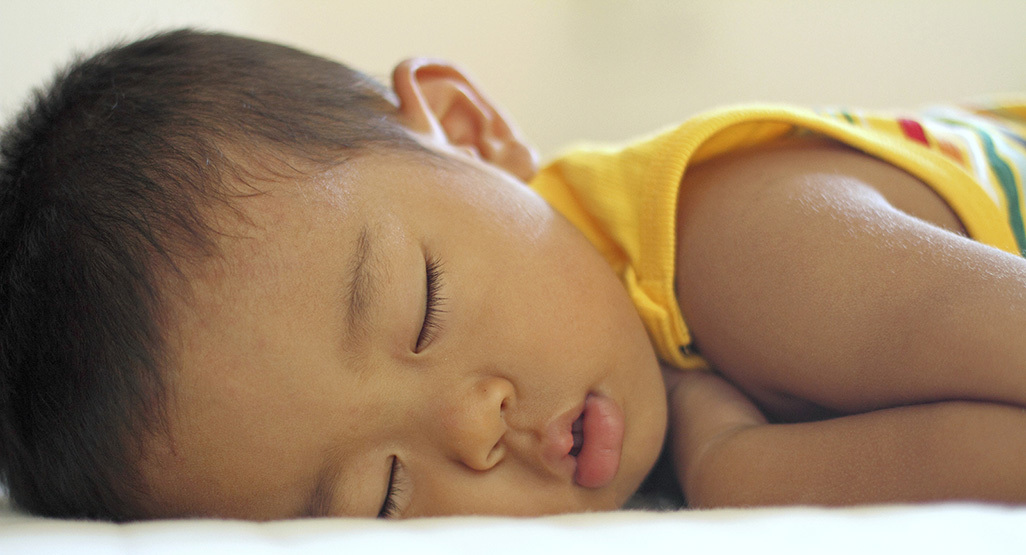Napping: 2 to 3 years

The experts unanimously agree on the average child's need to nap and stay on a napping schedule: Newborns sleep as much and as long as they need to. Between 4 and 12 months, babies move to two naps a day, one in the morning and one in the afternoon, each ranging from 20 minutes to three hours. In their second year, most toddlers go down for one two-hour nap in the middle of the day, and by their third birthdays, some will have given up naps entirely. As with most other sleep issues, being consistent is essential.
Mindell's view
Almost all children take only one nap per day by age 2. Have your child nap in the same place that she sleeps at night. A set naptime in a set place will ensure that your child gets the sleep she needs. The best time for naps is the early afternoon. Don't let your child nap past 4 p.m., or she'll have problems going to sleep at bedtime. At least three hours should elapse between the end of a nap and bedtime. Make naptimes consistent.
Ferber's view
At this age, your child has probably given up his morning nap, sleeping only for an hour or two after lunch. Any more than that may be too much and cut into his nighttime sleep. By their third birthday, most children are down to a single one- to two-hour afternoon nap after lunch, a pattern some keep until they're 5. Read more about the Ferber sleep method.
The AAP's view
Most toddlers will take a two- to three-hour nap around lunchtime, but some take two shorter ones instead, and others give up napping altogether. Don't force your child to nap unless she's obviously irritated or overtired from lack of sleep.
Brazelton's view
At this age it's fine to give up naps entirely if your toddler doesn't need or want one. If he does still need a rest during the day, make sure it's not after 3 p.m., as that will break up his activity cycle and cut down on his need for sleep at night.
Sears' view
Most toddlers this age still need at least one hour-long nap in the afternoon, which may actually help your child fall asleep more quickly and efficiently at night. Even if yours doesn't, a little quiet time — for her and you — won't hurt.
See more baby sleep resources.